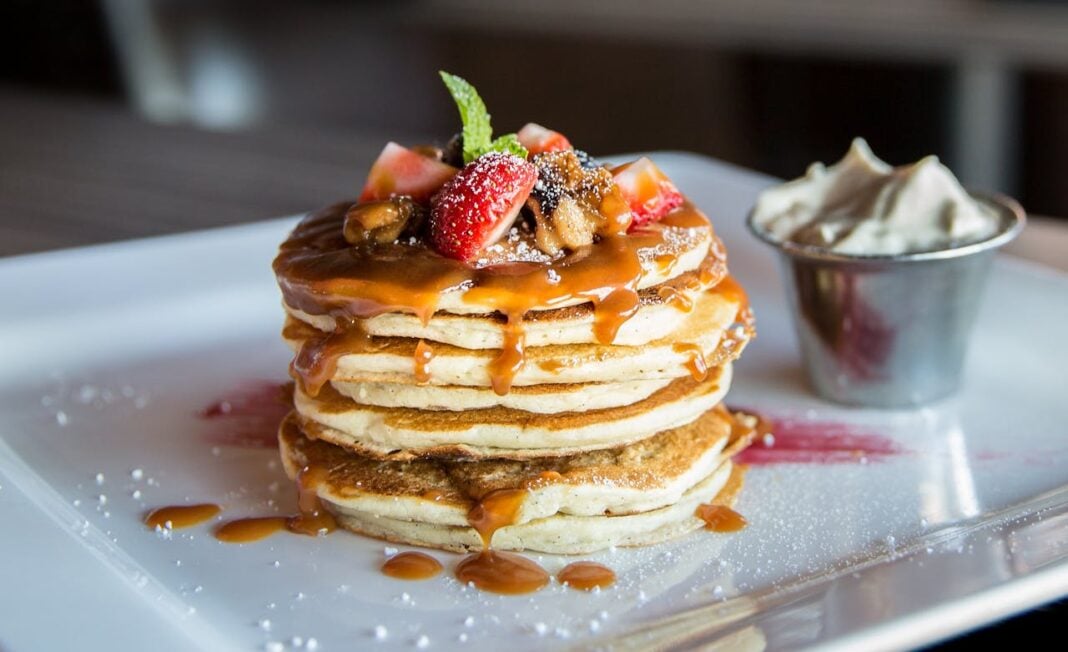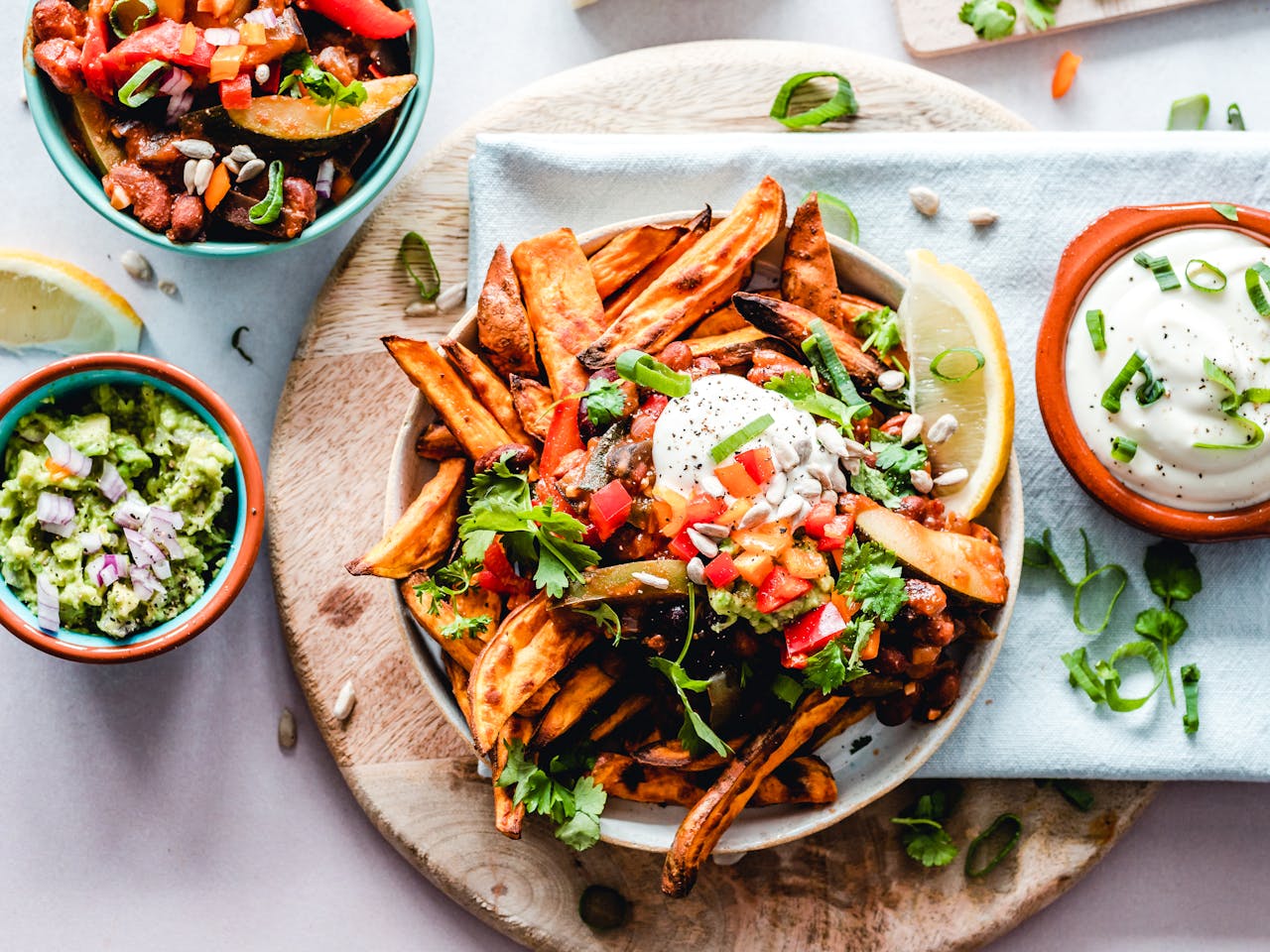Food plays a pivotal role in the success of business events. Whether it’s a conference, a workshop, or a corporate retreat, the culinary offerings can influence participants’ experiences and engagement levels. Meals have a unique ability to bring people together, fostering connections that can lead to productive partnerships and collaborations. Understanding the role of food in these environments is crucial for organizers who want to create memorable and effective gatherings.
The Role of Food in Networking
Networking forms the backbone of many business events, and food can enhance these opportunities significantly. When attendees gather around a buffet or sit down for a meal, they naturally engage in conversation. The informal setting allows for more relaxed interactions where participants can discuss ideas freely. Studies show that people are more inclined to communicate openly when they share a meal, making food an invaluable tool for fostering networking opportunities.
Research indicates that attendees are 70% more likely to initiate conversations in a dining environment compared to formal meeting setups. Having food at events encourages mingling and helps break the ice, making it easier for individuals to connect over shared tastes and preferences. A thoughtfully curated menu can include cultural or locally inspired dishes, creating a sense of place and further encouraging dialogue amongst diverse groups.
Enhancing the Attendee Experience
An event’s overall success hinges on how well it satisfies its participants. Comfort and satisfaction with food offerings greatly contribute to the attendee experience. Quality meals can change the mood of an event; poorly executed catering, on the other hand, can leave a negative impression. Attendees often carry their dining experiences with them when evaluating the event as a whole. This is why corporate lunch catering is crucial, as it can dictate the success of not just a meal but the entire event. When meals are well-prepared and thoughtfully presented, they elevate the event’s atmosphere and make guests feel valued.
In high-stress environments like conferences, delicious food can serve as a comforting break. Meal breaks can recharge and re-energize attendees, allowing them to return to their discussions and presentations with a refreshed mindset. Accordingly, the level of culinary care reflects the overall professionalism of the organization hosting the event. Prioritizing food choices can significantly shape how participants remember the event.
Influencing Learning and Creativity
The intersection of food and learning is another critical aspect of business events. Nutrition profoundly impacts cognitive function and can influence concentration and creativity. Offering a mix of healthy and indulgent food options can keep energy levels up and create a conducive environment for learning. Healthy options like fruits, nuts, and whole grains can fuel the brain, while moderation in richer foods ensures participants don’t experience sluggishness.
Studies suggest that well-fed participants demonstrate improved focus and retention rates when engaged in workshops or training sessions. The right food can inspire creativity, as attendees often brainstorm more effectively when they feel comfortable and satiated. Sharing unique culinary explorations can stimulate discussions and enhance group thinking. Thus, the food served greatly influences both the cognitive performance and interpersonal dynamics throughout the event.
Catering to Diverse Dietary Needs
In our multicultural world, recognizing and accommodating dietary restrictions is critical. A successful event ensures that all guests feel included by providing diverse options for various preferences, including vegetarian, vegan, gluten-free, and allergen-free selections. By offering a wide array of choices, hosts demonstrate respect for their guests’ choices and lifestyles. Inclusivity in food offerings can break down barriers; sharing a meal becomes meaningful when everyone has a seat at the table.
Companies that fail to address these needs may alienate attendees or hinder their enjoyment. Individual dietary choices can reflect broader values of health and community engagement, enhancing the overall spirit of the event. Catering thoughtfully respects diverse preferences and fosters engagement, ensuring everyone leaves satisfied.
Brand Representation Through Food
Every aspect of a business event serves as an expression of a brand, and food is no exception. The selection and presentation of food can communicate a company’s values, whether they prioritize sustainability, local sourcing, or luxury. Choosing eco-friendly catering services or organic ingredients underscores a commitment to social responsibility and wellness.
Such choices validate the brand’s message and resonate with clients, creating a deeper emotional connection than typical branding strategies. When organizations highlight their values through culinary experiences, attendees may feel more inclined to align with their philosophies long after the event has concluded. As a result, food becomes an integral part of storytelling, capturing the essence of the brand.
Food as a Catalyst for Wellbeing
The importance of food on individual and collective well-being is often overlooked in business events. These gatherings can be stressful, and focusing on wellness through food can make a positive difference. Providing healthy food options creates a more mindful approach to gatherings, encouraging guests to prioritize their well-being while engaging in business. Incorporating elements like hydration stations, stress-relief snacks, and mindful eating practices can improve attendee satisfaction.
When guests feel valued and cared for, they are more likely to represent the organization positively and foster stronger relationships. Hence, a focus on wellbeing could lead to more productive partnership opportunities and stronger business relationships.
Food plays a vital role in shaping how business events unfold and are perceived. Thoughtfully curated culinary experiences can foster connections, enhance learning, and leave lasting impressions, all contributing to a successful event.






